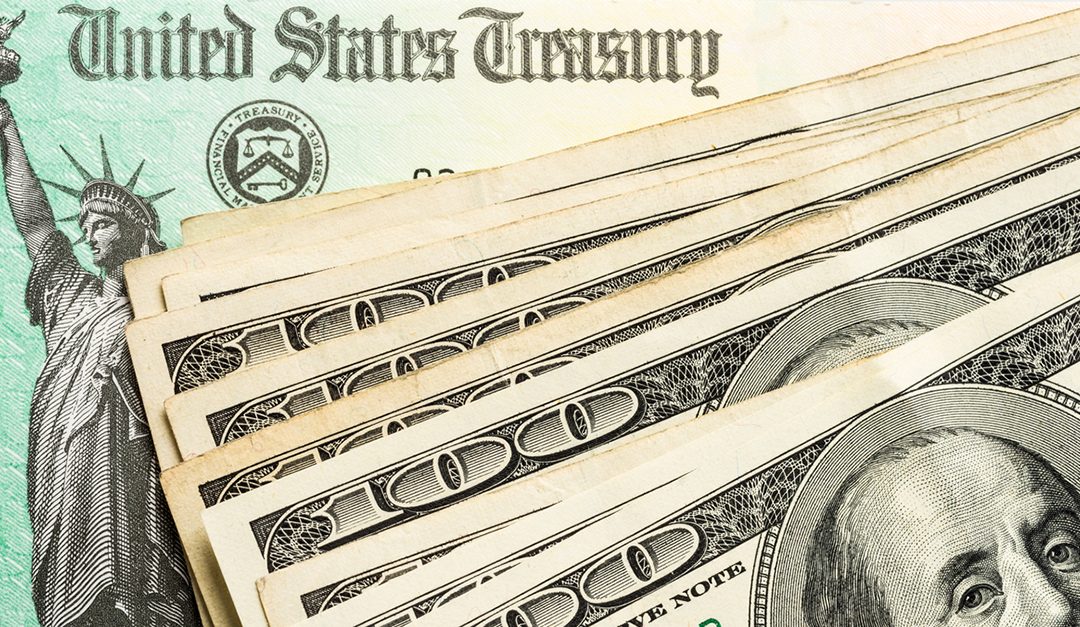(TNS)—There’s no question that applying your tax refund toward your outstanding debt is wise. If you owe more money than your refund will pay off, however, you may soon be faced with some important choices.
Which debts should you pay off first? Should you try to knock out one large debt or several smaller ones? Or, should you pay all of your debts down a little?
Here are two different approaches to help you decide which debt elimination option is best for you:
Option 1: Pay down debt that hurts your credit score.
If you’ve decided to use your tax refund to pay down your credit card debt, you’ll probably want to start at the bottom and work your way up.
This means you should try to pay off the credit card with the lowest balance and then move up the list to the card with the next lowest balance. Rinse and repeat until you’ve either paid off all of your credit card debt or you’ve used up all of your available tax refund money.
The reason you want to pay off your smallest credit card balances first is because doing so can be good for your credit scores. Credit scoring models consider your total revolving utilization and your per-card utilization. When you pay off an individual credit card account to $0, your revolving utilization becomes 0 percent the next time the account is updated with the three credit reporting agencies, Equifax, TransUnion and Experian.
Paying off your smallest account may help your credit scores in two ways. First, it will bring your per-card utilization down to 0 percent. Second, it will lower your total or aggregate revolving utilization.
Why Paying Off Debt This Way Is a Good Approach
If you pay off your debt in a way that helps to improve your credit score the fastest, you may be able to unlock some great benefits, such as:
- Better interest rates and terms on future financing
- Have an easier time qualifying for future loans, credit cards and services
- Lower insurance premiums
Of course, in addition to the potential for credit improvement, paying down your credit card debt can save you money on interest. With the average credit card interest rate hovering somewhere around 17.8 percent, that savings can add up quickly!
Option 2: Pay down debt that hurts your wallet.
Although it’s important to pay down debt that hurts your credit score as soon as possible, there are some exceptions to that rule. For example, if you’re paying an extremely high interest rate on a personal loan, it might be in your best interest to get rid of that debt first.
If you wish to pay off the debt that is costing you the most money each month, take some time to track down and write out all your interest rates. Once you have your list, order the interest rates you’re paying from the largest to the smallest.
Unlike the strategy used for paying down debt to improve your credit scores, you will start from the top and work your way down. This approach has the potential to save the most money on interest.
There’s No Bad Way to Pay Off Debt
If you’re struggling to figure out which debts you should pay down with your tax refund, take a moment to relax. The truth is there’s usually no bad way to pay down debt.
Paying down any debt has the potential to save you money on interest and make more room in your monthly budget for saving, investing and other smart financial moves. If you’re able to pay down your debt in a manner which also improves your credit scores, you’ll just get a little more bang for your buck.
©2019 Bankrate.com
Distributed by Tribune Content Agency, LLC





